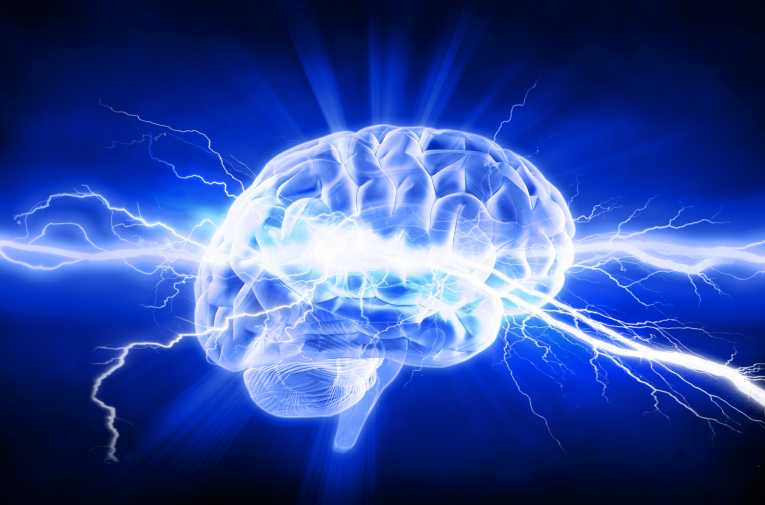A new discovery at the University of Montreal could open a new front in the war on Alzheimer's disease.
As we age, our brains shrink, losing from five to 10 per cent of its weight between the ages of 20 and 90 years. However, while cells die, the brain itself has a way of maintaining its effectiveness called plasticity and redundancy, and it is in so-called brain plasticity that Dr. Sylvie Belleville, PhD in neuropsychology, has found some hope.
Our brains change in response to our experiences, but until Dr Belleville's research it was though that this plasticity decreased as we got older.
She said: ''It was long thought that brain plasticity declined with age, however, our study demonstrates that this is not the case, even in the early stages of Alzheimer's disease.''
Now, researchers can look for ways to use this remarkable facility of the brain to increase the quality of life of those with Alzheimer's disease, through drug use or even changes to lifestyle.
Dr Belleville used memory training with her subjects to see if this could divert cells from one process to the parts of the brain affected by Alzheimer's.
''Our research has validated our hypothesis. Not only were we able to use functional imaging to observe this diversification, but we also noted a 33% increase in the number of correct answers given during a post-training memory task by subjects with mild cognitive impairment (MCI) who, incidentally, are ten times more likely to develop Alzheimer's disease,'' Dr Belleville said.
The training program used with the 30 elderly subjects (15 healthy and 15 with MCI) was simple and involved the use of mnemonics and word lists.
According to Dr. Belleville: ''Analysis of brain activity during encoding as measured before and after the training program, indicates that increased post-training activation in the right inferior parietal gyrus is associated with post-intervention improvement. The healthy area of the brain has taken over for the area that is compromised.''










